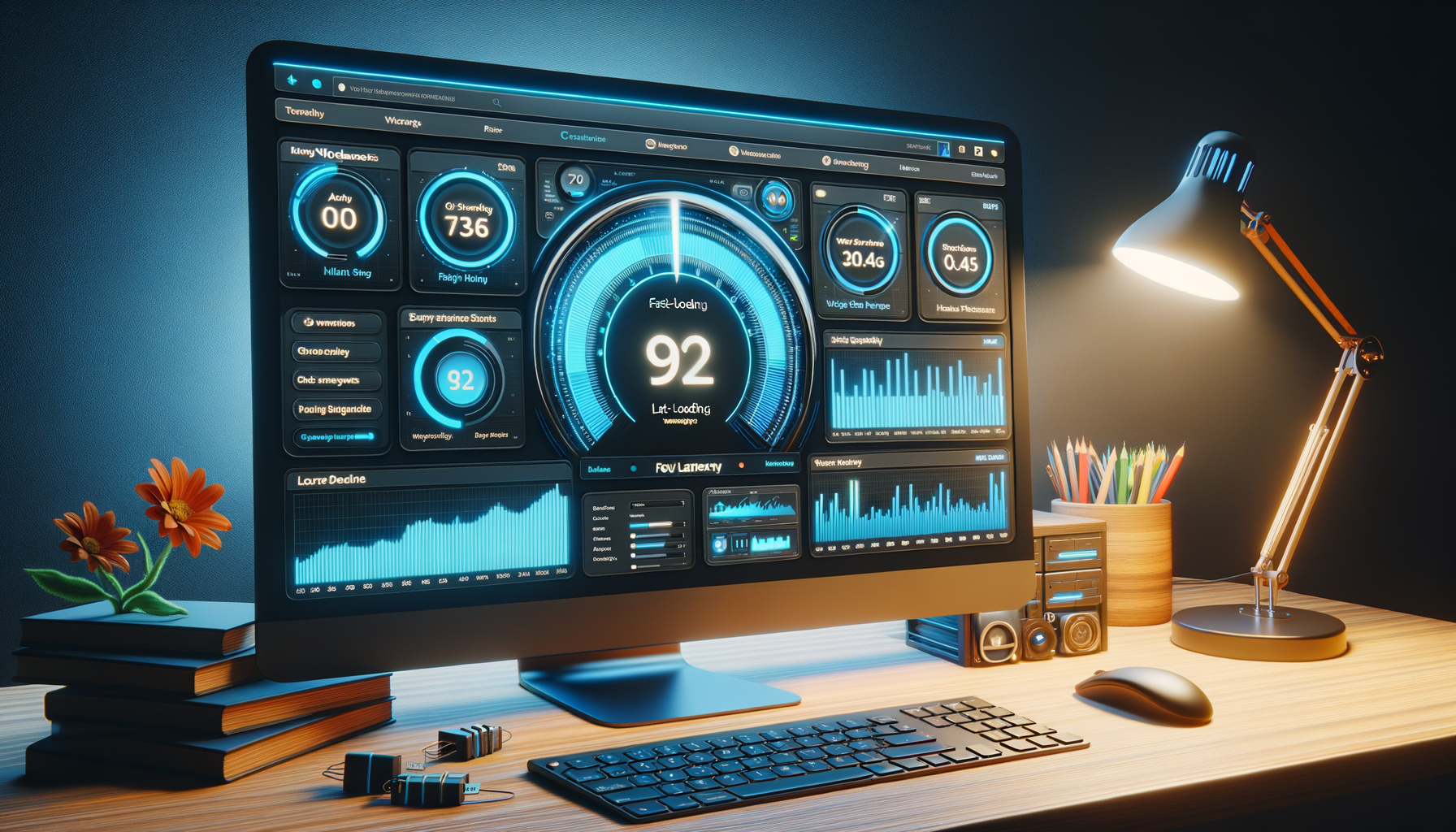
Consider WordPress Hosting for Speed and Security
The Role of IT in Modern Business
In today’s fast-paced business environment, Information Technology (IT) serves as the backbone of operations, enabling companies to streamline processes and enhance productivity. IT systems facilitate communication, data management, and operational efficiency, which are critical for maintaining a competitive edge. For instance, Customer Relationship Management (CRM) systems allow businesses to track interactions with clients, improving customer service and satisfaction.
Moreover, IT is pivotal in data analysis, providing insights that drive strategic decisions. Businesses can leverage data analytics to understand market trends, customer behavior, and operational inefficiencies. This capability allows for more informed decisions, ultimately leading to increased profitability and growth.
IT also plays a crucial role in cybersecurity, protecting businesses from data breaches and cyber threats. As companies increasingly rely on digital platforms, the risk of cyberattacks grows, making robust IT security measures essential. This includes implementing firewalls, encryption, and regular security audits to safeguard sensitive information.
Key benefits of IT in business include:
- Improved communication and collaboration through digital tools.
- Enhanced data management and storage solutions.
- Increased efficiency and automation of routine tasks.
- Better decision-making through data-driven insights.
Emerging Technologies Shaping the Future
Technology is constantly evolving, introducing new tools and systems that reshape industries and lifestyles. Among the most transformative are Artificial Intelligence (AI) and Machine Learning (ML), which are revolutionizing sectors such as healthcare, finance, and transportation. AI’s ability to process vast amounts of data and learn from it enables predictive analysis, automation, and improved decision-making.
Another significant advancement is the Internet of Things (IoT), which connects devices and systems, allowing for seamless communication and data exchange. IoT is transforming homes into smart environments and optimizing industrial operations through real-time monitoring and automation.
Blockchain technology, known for its role in cryptocurrencies, is also gaining traction in various fields. Its decentralized and secure nature offers potential applications in supply chain management, financial services, and voting systems, promising increased transparency and security.
These emerging technologies offer several advantages:
- Enhanced automation and efficiency across industries.
- Improved data security and transparency.
- Greater personalization of services through data analysis.
- Facilitation of innovative solutions to complex problems.
The Impact of Technology on Society
The influence of technology extends beyond business, profoundly affecting societal structures and daily life. Communication has been revolutionized by social media platforms and instant messaging, connecting people globally and fostering a sense of community. However, this connectivity also raises concerns about privacy and the spread of misinformation.
Education has been transformed through e-learning platforms, making knowledge more accessible and flexible. Students can now learn at their own pace, accessing a wealth of resources online, which democratizes education and reduces barriers to learning.
Healthcare has also benefited from technological advancements, with telemedicine and digital health records improving patient care and accessibility. Wearable technology allows for continuous health monitoring, providing real-time data to both patients and healthcare providers.
Technology’s societal impact includes:
- Increased access to information and education.
- Improved healthcare delivery and patient outcomes.
- Enhanced global connectivity and cultural exchange.
- Challenges related to privacy and data security.